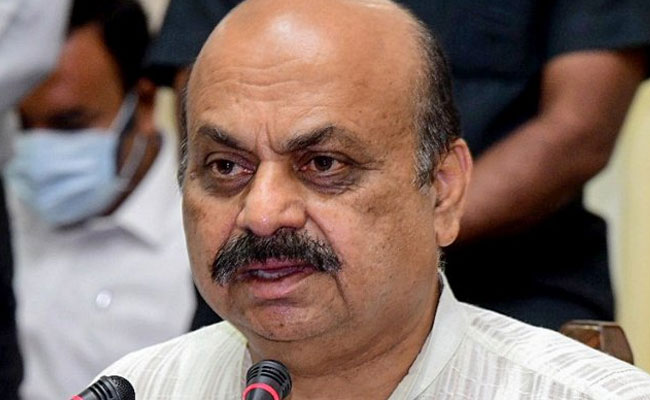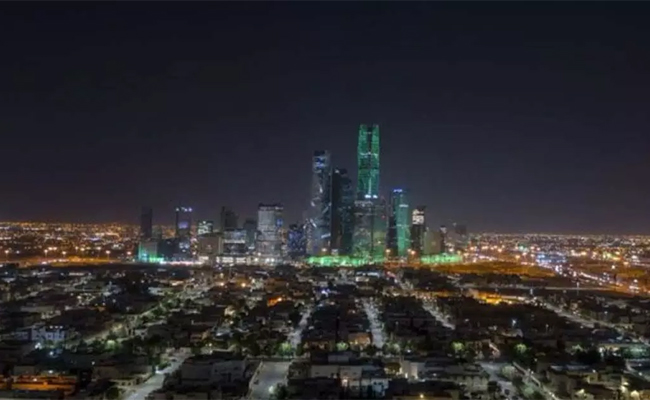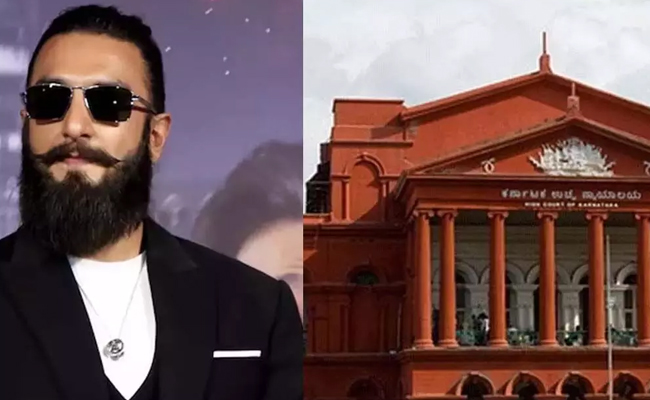Chennai: The first two Tests of the upcoming India-England series will be played at the M A Chidambaram Stadium behind closed doors, a top official from host association TNCA said on Friday.
According to Tamil Nadu Cricket Association (TNCA) secretary R S Ramasaamy, the two Tests would be played without spectators as per a BCCI directive, considering the prevailing COVID-19 situation.
"Yes...crowd will not be allowed for the two Test matches as a preventive measure in view of the virus situation," he told PTI.
Also, a circular dated January 20 has been sent out to TNCA members saying that the decision to play the matches behind closed doors was taken along with the BCCI.
"In view of the prevailing COVID pandemic, the BCCI has decided not to take any kind of risk with the safety of the players during the forthcoming India-England Test series," the circular read.
"As per the BCCI directive, the first two Test matches between February 5 and February 17 being held at M A Chidambaram stadium will take place behind closed doors (No Spectators/Guests/Sub-Committee Members) as a preventive measure," it added.
The teams are expected to reach Chennai by January 27 and undergo testing before entering the bio-bubble.
It must be noted that the Indian government had recently announced that outdoor sporting events could be conducted with 50 per cent spectators after following the standard operating procedures.
The first Test is scheduled from February 5.
Let the Truth be known. If you read VB and like VB, please be a VB Supporter and Help us deliver the Truth to one and all.
Bengaluru: BJP MP and former Chief Minister Basavaraj Bommai urged the state government to consult all communities and build consensus before implementing internal reservation while filling vacant posts, The New Indian Express reported
Speaking to reporters in Bengaluru, Bommai said the government must clearly outline the procedure it intends to follow in carrying out pending recruitments. It should consult all communities and build consensus, he said, adding that the government appears to be confused.
He said that he was not aware of any formal approval or order issued by the Governor regarding internal reservation. The government must seek the advice of legal experts before moving forward.
Several communities have presented their cases before the Justice Nagamohan Das Committee, and appropriate action should be taken after examining its recommendations, he said.
On international developments, Bommai also appealed to global leaders to intervene and stop the ongoing conflict between Israel and Iran. He said the situation could escalate further if not addressed immediately.
The conflicts are being driven by petroleum and religious issues. The US is trying to assert control over oil resources and is not in a position to heed anyone’s advice, he said.
He pointed out that tensions are affecting regions such as Dubai, Abu Dhabi and Saudi Arabia, creating widespread concern as Indians reside in large numbers across these regions.





